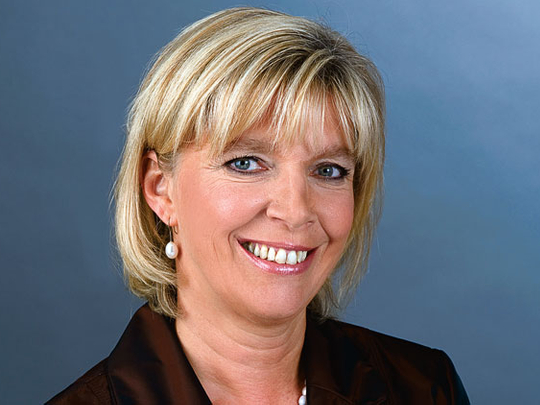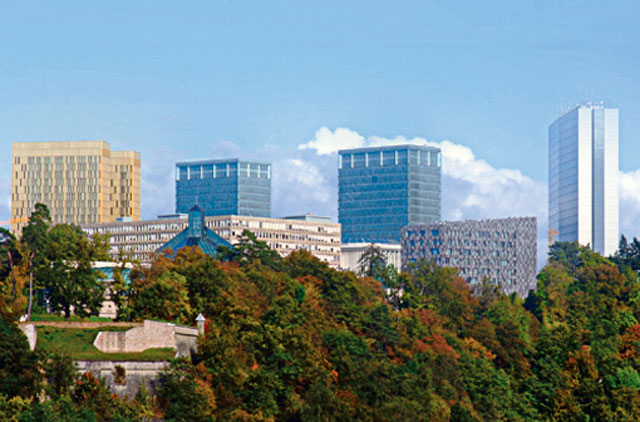
In Hetto-Gaasch’s words, there are “a thousand and one facets” to Luxembourg. Preserved landscapes, UNESCO world heritage sites, museums of contemporary arts, picturesque villages and fortified castles paint only part of the picture. “Luxembourg is a festival of tastes and flavours,” she says.
“Luxembourg gastronomy, for example, uses the most outstanding products to offer a high-level gastronomy to every gourmet. The Grand Duchy has the highest rate of Michelin-starred restaurants in Europe. The country is secure and offers a great quality of life. The population is multicultural and communication is easy as the locals are able to speak French, German and English.” As far as Islamic affiliations are concerned, while the country is predominantly Catholic, there are several mosques and Islamic cultural centres to be found. “The assembly of the Islamic community in the Grand Duchy of Luxembourg is called ‘Shoura’,” Hetto-Gaasch reveals.
Business tourism
Though reasons for leisurely travel abound, the main driver of tourism in Luxembourg, unsurprisingly, is business. The minister elaborates, “In 2010, 44 per cent of the overnight stays in the country and even 60 per cent in the capital were related to business travel. Another fact is that a lot of people visit Luxembourg on a business trip and come back as a tourist to discover the other facets of this surprising country on a private trip.” Visitors mainly tend to come in from the surrounding region — from Belgium, the Netherlands, Germany and France.
Efforts are, however, geared towards creating awareness of the country in emerging markets. Hetto-Gaasch continues by explaining such directives: “Luxembourg has made efforts to position itself as an attractive tourist destination in new markets such as China, Japan or Eastern Europe. With the continuously developing business ties between the Middle East and Luxembourg, the Grand Duchy will also try to attract tourism from this region. In the distant markets, a B2B approach is used to attract tourism, rather than a B2C approach.”
Significant share
The direct contribution of the tourism segment to Luxembourg’s economy is expected to be more than 860 million euros (about Dh4.3 billion) — or 2.1 per cent of GDP — in 2011 according to the World Travel and Tourism Council. The multiplicative effect tourists have on the economic cycle cannot be underestimated. Job creation is also impacted by tourism. This year, the sector will create 6,000 jobs in the economy (2.8 per cent of the total workforce).
On the other hand, visitor exports from Luxembourg are expected to generate more than 1.2 billion euros in revenue, which is 1.6 per cent of all exports in 2011. Capital flows into Luxembourg are also on the rise. Investment coming in purely from the travel and tourism market is estimated at 257 million euros in 2011.
Luxembourg is at the heart of Europe both physically, and in terms of the socio-economic landscape. Hetto-Gaasch emphasises this point: “The country played an important role in the development of the European Union. The famous “Schengen agreement” has been named after a village in Luxembourg and several European institutions are located in the Grand Duchy — not least the European Court of Justice or the European Investment Bank.”




_resources1_16a08528000_small.jpg)



